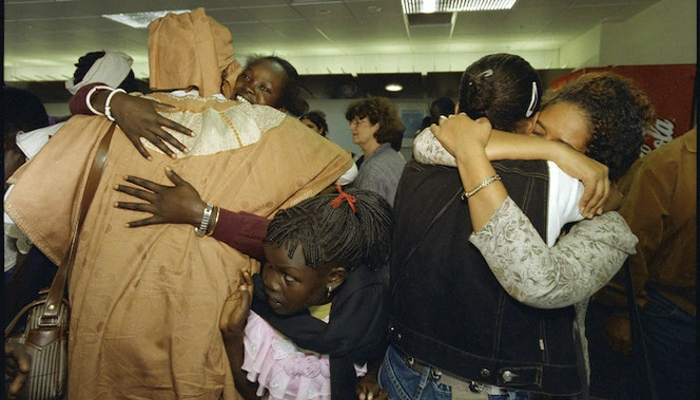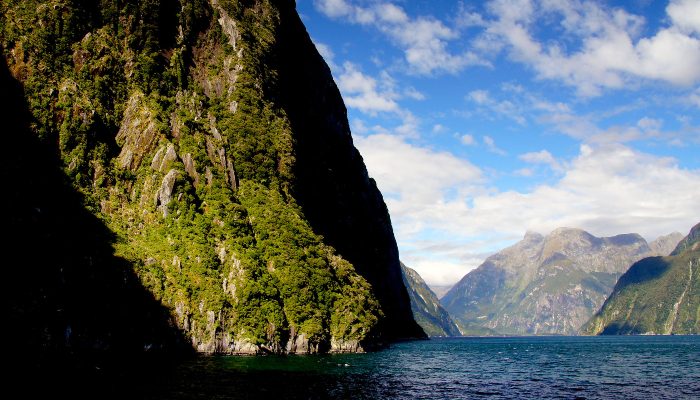Many Answers
Explore Many Answers to find resources on popular topics and about your local region.
Featured Topics
Latest Topics
The culture of New Zealand is unique. It includes bits of history from various sections of society that go to make up New Zealand. You can see it in items li...
Entry last updated: 10/07/25The rocky shore is a unique part of New Zealand's coastline and is a habitat which is home to many sea creatures, and shorebirds. The rocky shore is also at ...
Entry last updated: 10/07/25Junior Secondary (Years 7 - 10)
Animal rights are all about the way humans treat animals. Sometimes animals are mistreated by people and need to be protected by law. There are many groups t...
Entry last updated: 10/07/25Junior Secondary (Years 7 - 10)
Aotearoa New Zealand has many unique birds, from forest parrots to flightless birds, sea birds and birds of prey. In this entry we will show you how to find ...
Entry last updated: 10/07/25Junior Secondary (Years 7 - 10)
World War One, also called the First World War, took place between 1914 and 1918. New Zealand fought as part of the Allies (the British Empire, France, Russi...
Entry last updated: 5/02/26Junior Secondary (Years 7 - 10)
People who lived during World War One and soon after left behind lots of diaries, photos, letters, manuscripts, and other such documents that recorded event...
Entry last updated: 10/07/25World War One, also called the First World War, took place between 1914 and 1918. It is called a 'world war' because so many different countries were involve...
Entry last updated: 10/07/25Junior Secondary (Years 7 - 10)
Refugees are people who have been forced to leave their homeland because of war or persecution. Many countries, including New Zealand, have a refugee quota —...
Entry last updated: 14/07/25Native plants are plants that are indigenous to or originate from a specific country. New Zealand has a wide variety of native plants which are unique as the...
Entry last updated: 10/07/25Junior Secondary (Years 7 - 10)
Conservation is about preserving and protecting New Zealand's natural environment, wildlife and their habitats including marine reserves. This entry explore...
Entry last updated: 10/07/25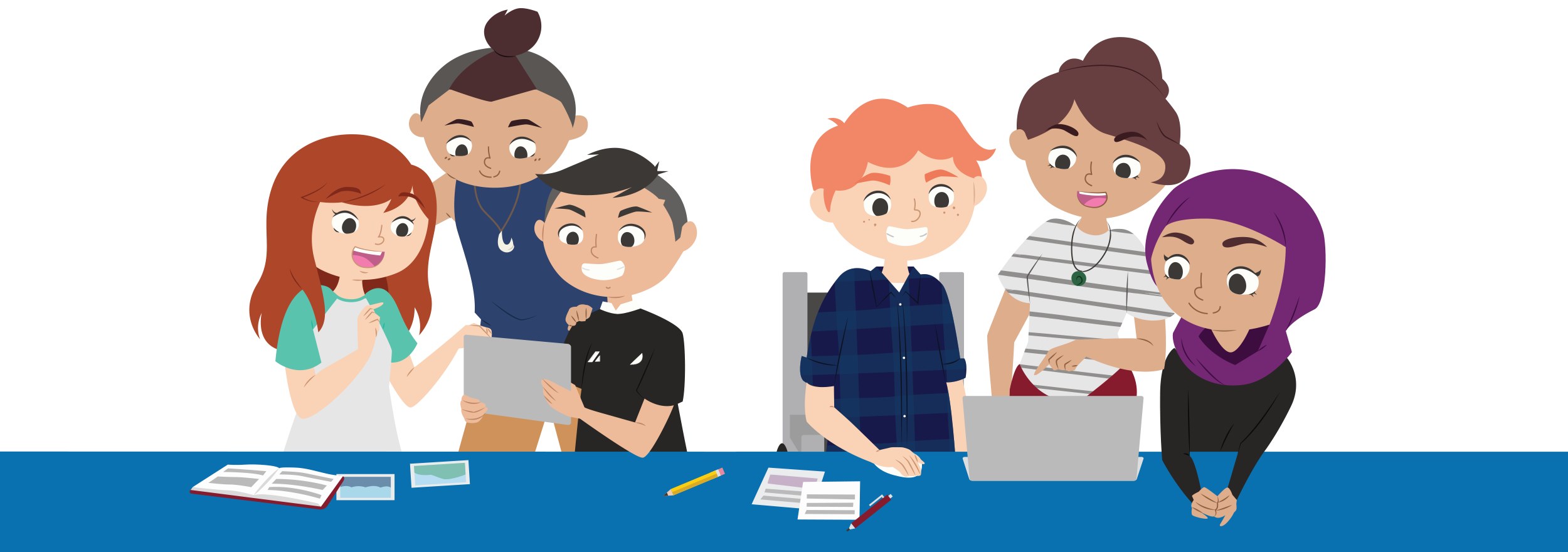

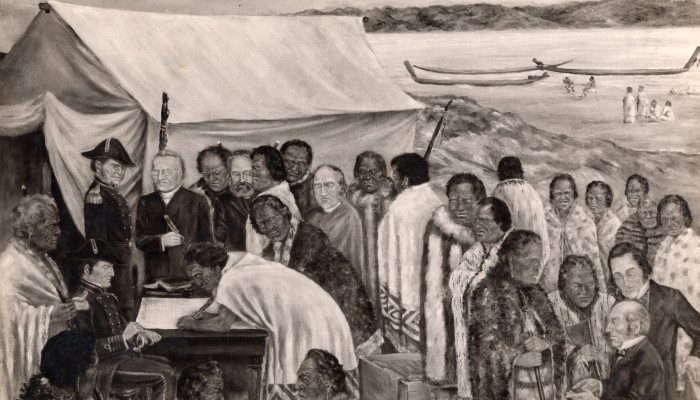
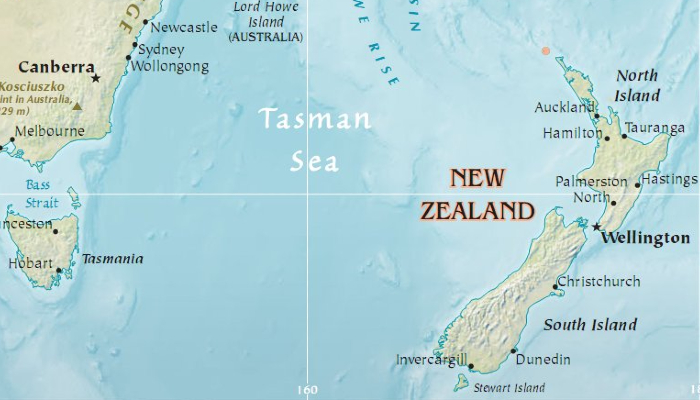
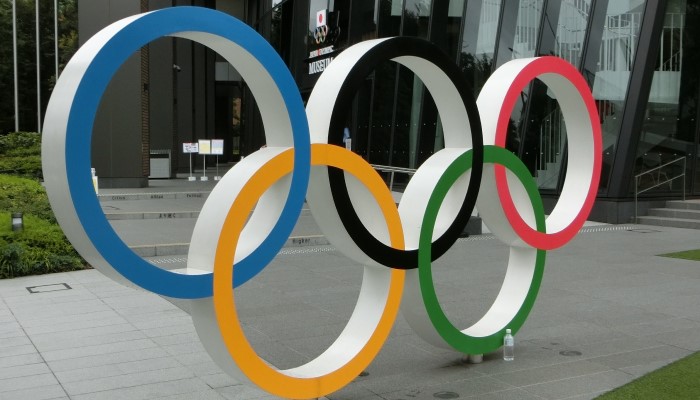
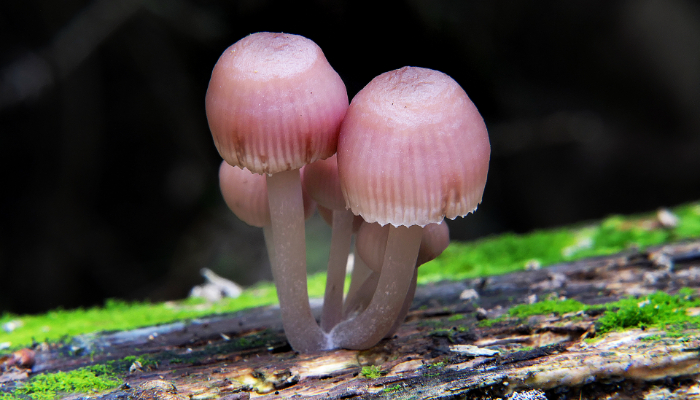
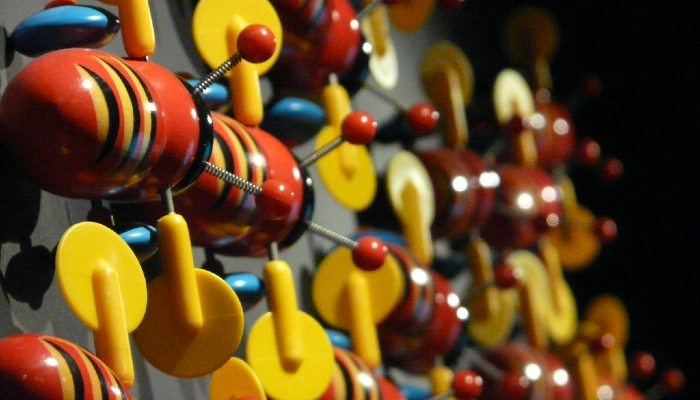
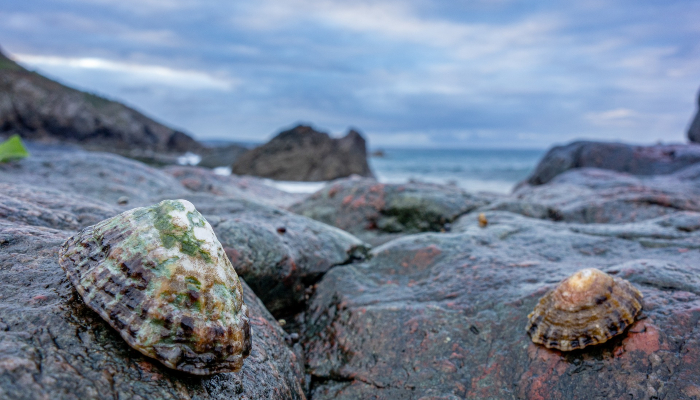
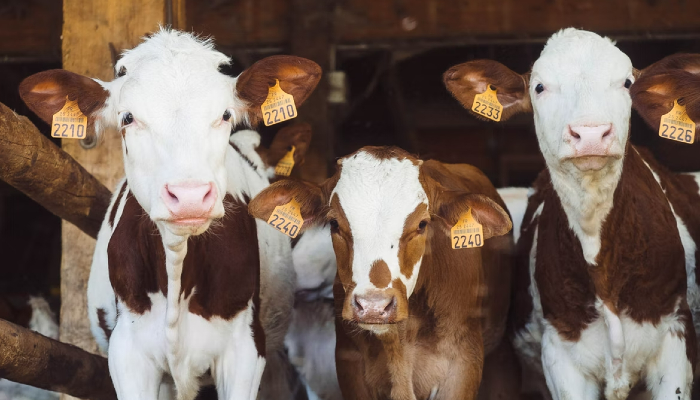
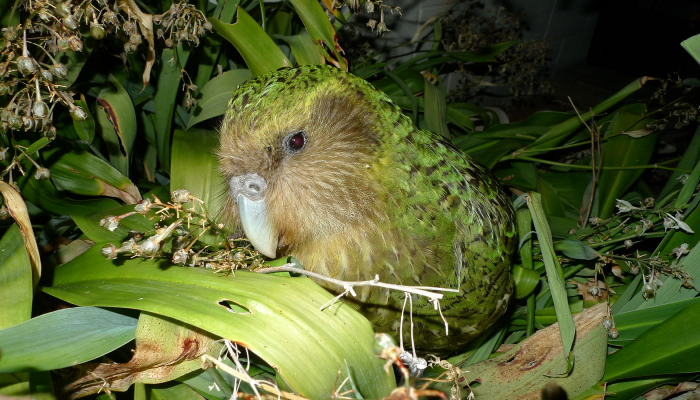

![Image: WW1 soldier Allan McMillan writing at a desk at Oatlands Park, Surrey, England (http://collections.tepapa.govt.nz/Object/900353) by [unknown]. Collection: Te Papa.](https://images.ctfassets.net/q60gmaba8x5v/myUJkNYapHUENnlGYsAt2/c1d628297e2a6a917d31392dfd5c4ced/World_War_One__primary_sources_.jpg)
![Image: Machine gun practice (http://www.aucklandmuseum.com/collection/object/am_library-photography-67887) by [Unknown]. Collection: Auckland War Memorial Museum.](https://images.ctfassets.net/q60gmaba8x5v/5jInBsNtUps5sO0N5EU22s/93c5c0a3a94d694acf01467b4283ae3c/https___media.api.aucklandmuseum.com_id_media_p_e0dda710748d0fbde3a55a3974c0d929689e9d15_rendering_original.jpg)
